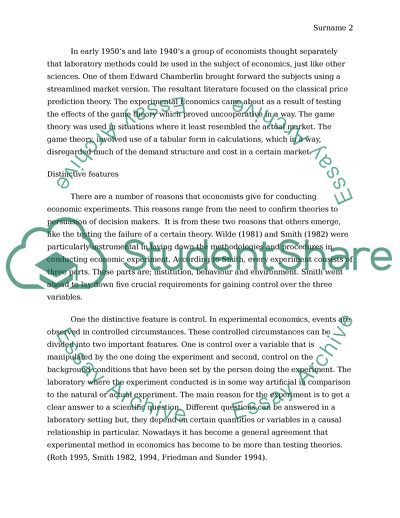Cite this document
(What Economists Really Do and Why it Matters Essay Example | Topics and Well Written Essays - 2750 words, n.d.)
What Economists Really Do and Why it Matters Essay Example | Topics and Well Written Essays - 2750 words. https://studentshare.org/macro-microeconomics/1813806-experimental-economics
What Economists Really Do and Why it Matters Essay Example | Topics and Well Written Essays - 2750 words. https://studentshare.org/macro-microeconomics/1813806-experimental-economics
(What Economists Really Do and Why It Matters Essay Example | Topics and Well Written Essays - 2750 Words)
What Economists Really Do and Why It Matters Essay Example | Topics and Well Written Essays - 2750 Words. https://studentshare.org/macro-microeconomics/1813806-experimental-economics.
What Economists Really Do and Why It Matters Essay Example | Topics and Well Written Essays - 2750 Words. https://studentshare.org/macro-microeconomics/1813806-experimental-economics.
“What Economists Really Do and Why It Matters Essay Example | Topics and Well Written Essays - 2750 Words”. https://studentshare.org/macro-microeconomics/1813806-experimental-economics.


